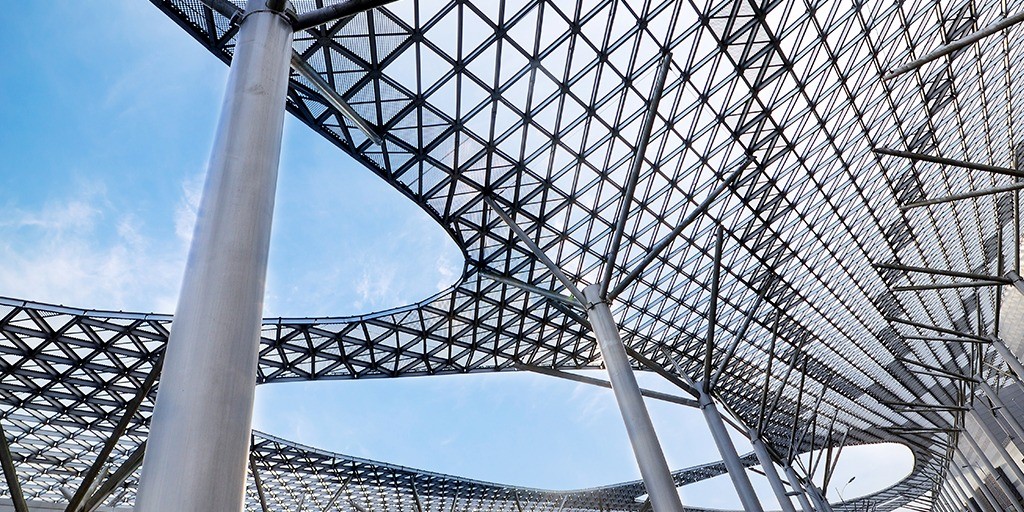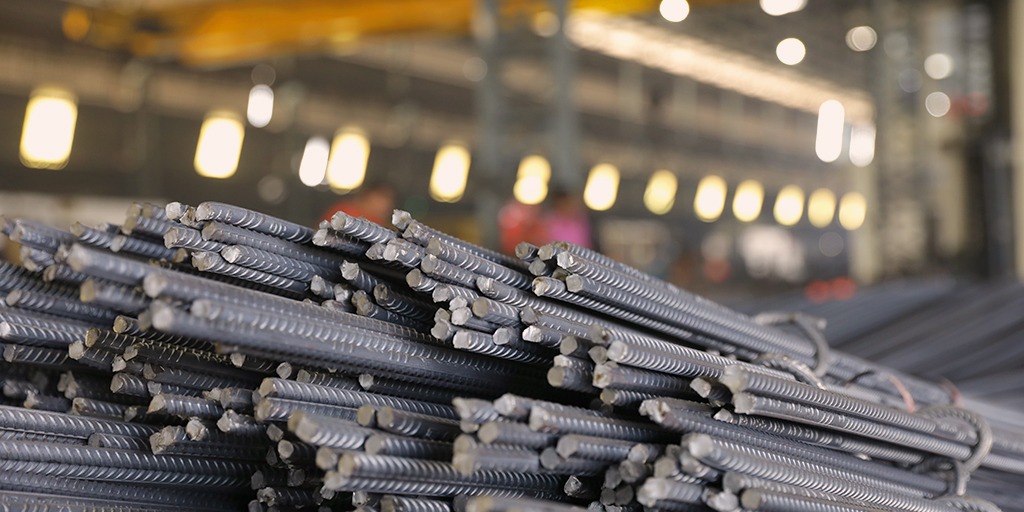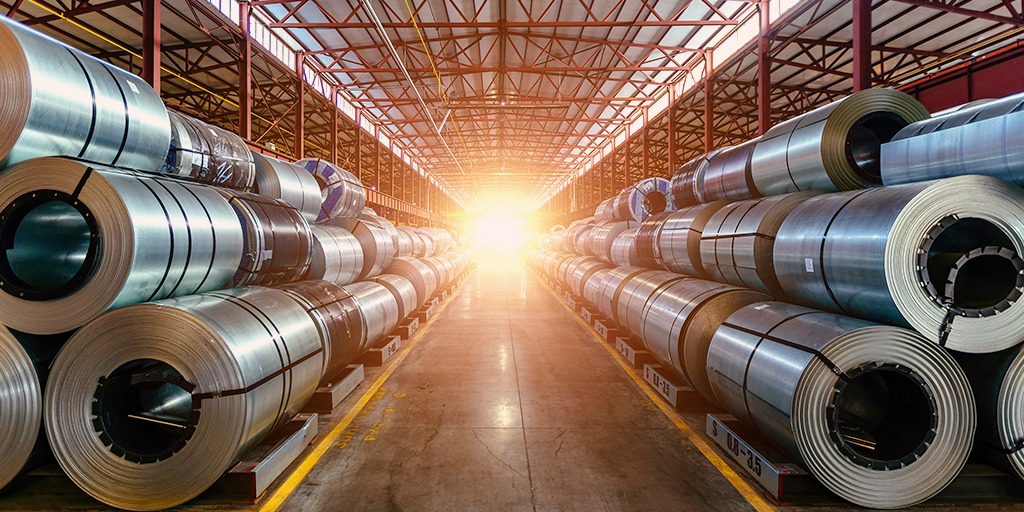
Strengthening a sustainable future with steel
With the ongoing development at the global level, there is a need for energy, which drives the pace of development. The Global World Energy Outlook of the IEA has stated that there will be a 27% rise in the demand for energy by 2040. With alarming climate change and global warming, the biggest challenge is to meet the growing need for energy while meeting sustainability standards. Steel plays a critical role in supplying the world with clean energy from conventional sources. Irrespective of the source of energy, steel is essential in producing and distributing energy as well as improving energy efficiency.
Here’s how steel is strengthening the base of sustainable energy with various renewable energies:
Solar energy:
Steel is the base metal for all solar thermal panels, water tanks, pumps, and heat exchangers that convert solar energy into electricity or hot water. The coils and sheets in the solar panels contain steel so that the maximum amount of heat and energy can be absorbed and used to generate power.
Tidal energy:
To harness the power of the marine environment, steel is formulated and used at the sources of tidal energy. It is used to manufacture devices that are used to generate wave or tidal energy. Steel piles are a main component of tidal turbines in tidal energy systems.
Hydroelectricity:
High-strength steel is widely used to build concrete dams that produce hydroelectricity. The use of steel in hydropower plants is extensive, as steel offers maintenance-free and long-lasting solutions. Steel helps protect the system from seawater corrosion, abrasion, and biofouling.
Geothermal energy:
Water from geothermal sources is extremely hot, so it is important to use a material that ensures the safe and continuous operation of components such as heat exchangers, condensers, piping, filters, pumps, and valves. As stainless steel is highly resistant to corrosion, it is the best choice for geothermal equipment.
Steel is a major metal used to make equipment for nuclear and fossil-fuel energies, as it is used in making equipment for mining ores, extraction, production of natural gas, and pipelines for their distribution. The waste that is generated from power plants is transported exclusively via steel pipes, as they are resistant to corrosion. When it comes to the distribution of the energy and electricity produced, steel is a major player. The development and usage of new and formulated steel grades have reduced energy loss in modern transformers as compared to conventional ones. Steel is a preferred metal in all major equipment like cables, generators that are used to build bridges, tunnels, and rail tracks.






